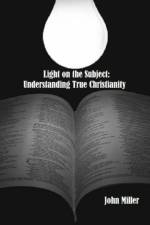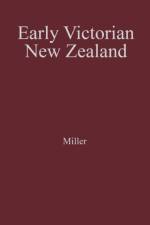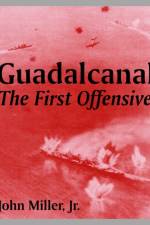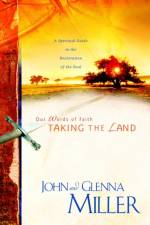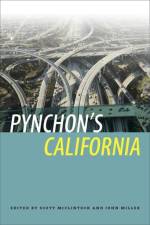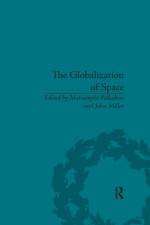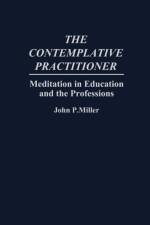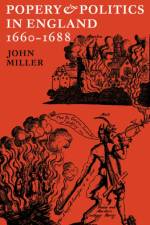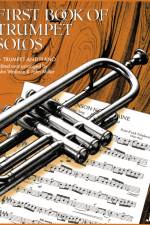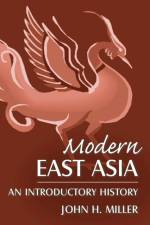av John Miller
255
Unofficial Minecraft Lab for Kidsis a collection of creative, collaborative projects that connect in-game challenges with hands-on activities that are both fun and educational.An Amazon Best Kids' Books of 2016 pick! Minecraft offers players an environment focused on exploration, imagination, and creation, but its nonlinear game structure can mean spending a lot of time in the game. With these labs, you can balance your childs screen time with real-life learning and interaction. You will start the book by brushing up on some common Minecraft language and examining each of the four game modes: survival, creative, adventure, and spectator. Then, you'll use this knowledge to venture off onto the six different quests that encourage child and adult participation. For each Lab, complete the hands-on activity in art, craft, or design, then build a related in-game project. Have fun with these creative projects and more:Make a Chinese finger trap from construction paper, followed by a zombie trap in Minecraft.Build a castle from sugar cubes, then learn to build one in Minecraft.Create shadow puppets to perform a scene from your favorite story, thenanimate the scene using Minecraft.Make a bow and arrow from popsicle sticks, dental floss, and a cotton swab, then do some archery practice in Minecraft.Sticker badges at the back of the book reward your child as they complete each quest. Youll even learn how to screencast and narrate your own videos to share with family and friends. Unofficial Minecraft Lab for Kids provides fun, educational gaming goals that you and your child can reach together! The popular Lab for Kids series features a growing list of books that share hands-on activities and projects on a wide host of topics, including art, astronomy, clay, geology, math, and even how to create your own circusall authored by established experts in their fields. Each lab contains a complete materials list, clear step-by-step photographs of the process, as well as finished samples. The labs can be used as singular projects or as part of a yearlong curriculum of experiential learning. The activities are open-ended, designed to be explored over and over, often with different results. Geared toward being taught or guided by adults, they are enriching for a range of ages and skill levels. Gain firsthand knowledge on your favorite topic with Lab for Kids.












